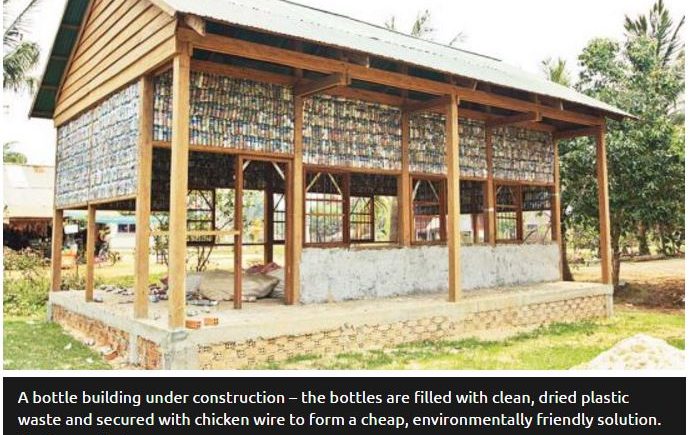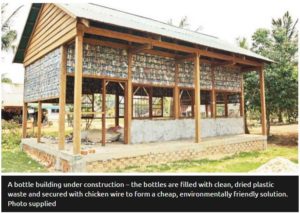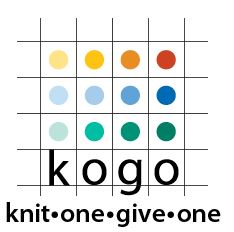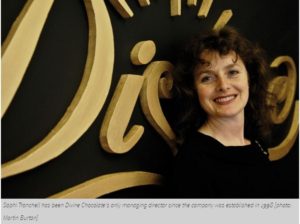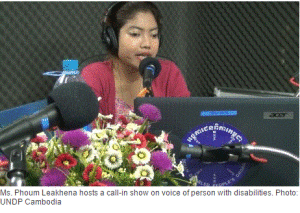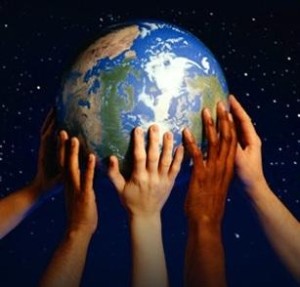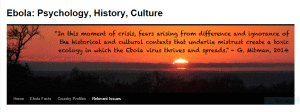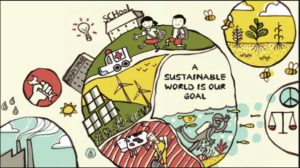 We are hearing much about STEM but I’m advocating for the rightful inclusion of the Arts and a place for STEAM.
We are hearing much about STEM but I’m advocating for the rightful inclusion of the Arts and a place for STEAM.
I am wanting to hear from schools where leadership and educators have supported their learners to respond artistically to the issues surrounding climate change. This may be in the form of the visual arts, music, theatre, dance, literature and or cinema.
Hoping to be proven wrong, it is my feeling that educators do not highlight climate change in the curriculum. It’s not a hot topic (pardon the pun). Traditionally slotted into the curriculum under Science and Geography, many educators are insufficiently informed, too fearful of tackling what they see as a controversial topic or both. The links to many issues of global significance can be traced to the warming of the planet.
In the sphere beyond the classroom I’ve come across a group called CLIMARTE and a theatre troupe called ClimActs.
CLIMARTE’S mission is to harness the creative power of the arts to inform, engage and inspire action on climate change. Climarte will present their ART+CLIMATE=CHANGE 2017 festival which will run from 19 April to 14 May 2017.
ClimActs is an Australian theatre troupe playing a role of peaceful protest to support demands for social justice and human rights. Using striking spectacle as well as satire to communicate and educate on the urgency of climate change, each act has been carefully created to address an aspect of the climate debate. For instance, the Climate Guardians represent selfless and fearless care and guardianship, the Coal Diggers epitomise the recklessness and insatiable greed of vested interests.
 The Climate Guardian Angels in peaceful protest at the COP21 talks in Paris 2015
The Climate Guardian Angels in peaceful protest at the COP21 talks in Paris 2015
School leaders and educators, don’t forget the A in STEAM and broaden the opportunities for young people to find their voice and respond to the concerns of their generation.
Don’t forget to contact me if your school is already taking this approach.
Marilyn Snider is an Australian global education activist who promotes a dynamic, self-directed approach where learners explore real world issues and challenges whilst delving into deeper and more satisfying conceptual understandings. Creativity, critical analysis and action are hallmarks of her work. www.bethinkglobal.com.au

